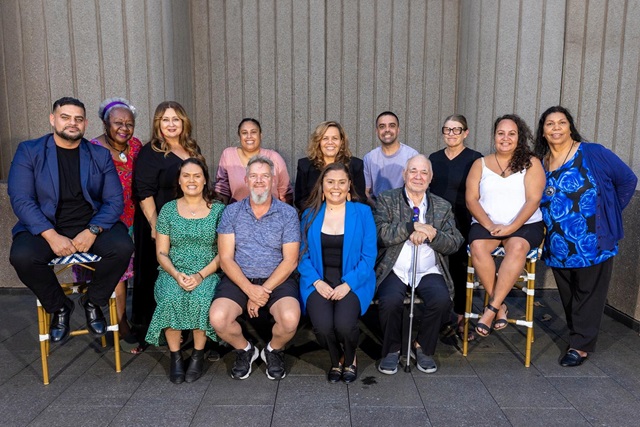Advisory panels
Providing the City of Sydney with high level independent advice and expertise.

Our advisory panels offer feedback on policies and operations across various subject areas.
They’re an opportunity for input and participation, not decision-making.

Advisory panels
Aboriginal and Torres Strait Islander Advisory Panel
Advisory panels
Business and Economic Development Advisory PanelAdvisory panels
Design Advisory Panel
Advisory panels
Housing for All Advisory Panel
Advisory panels
Inclusion (Disability) Advisory Panel
Advisory panels
Multicultural Advisory Panel
Advisory panels
Nightlife and Creative Industries Advisory PanelAdvisory panels
Public Art Advisory Panel
Advisory panels
Sydney 2050 citizens jury






